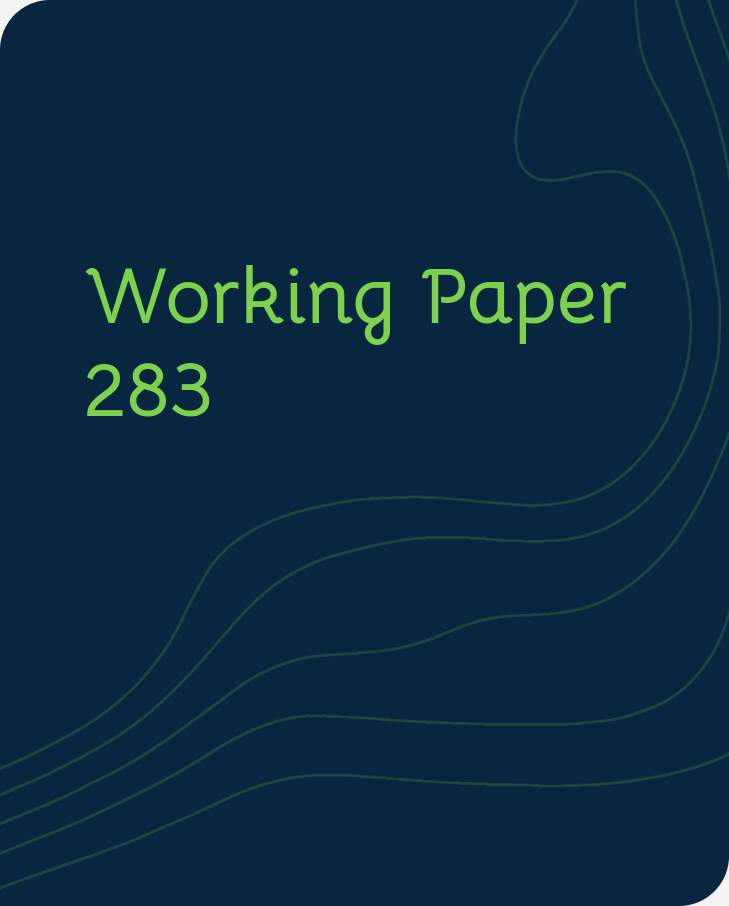Publication
Transition Report
Reform progress and transition indicators
Who we are
Overview: about the EBRDWho we are
Overview: about the EBRD
Learn about the EBRD's journey to investing more than €210 billion in over 7,500 projects.
What we do
Overview: how the EBRD operatesWhat we do
Overview: how the EBRD operates
Through projects, business services and involvement in high-level policy reform, we're doing more than ever before.
Work with us
Overview: how you can work with the EBRDWork with us
Overview: how you can work with the EBRD
We draw on three decades of regional knowledge and financial expertise to tailor our products and approaches to each client's needs.
November, 2023

By Alexander Plekhanov, Anna Carruthers
How strongly do citizens feel about different policies? How do these preferences affect structural reform? This paper proposes new, generalisable measures which quantify the strength of individuals' preferences for multiple non-pecuniary economic objectives. Using data from World Values Surveys on more than 100 economies over the period 1995-2020, our measures assess individuals' desire for environmental protection, inclusive and democratically governed societies, global integration, and economic competitiveness and resilience. We also provide a new, consistent measure of policy outcomes along these dimensions, using data compiled by the European Bank for Reconstruction and Development. Policy preferences vary markedly across economies. As economies develop, support for the green economy and inclusion becomes stronger while support for economic integration weakens. Preferences for democratic governance do not strengthen with income. Over time, preferences for a green economy and economic resilience have strengthened while desires for globally integrated, well-governed and competitive economies have weakened. Policy preferences are aligned, albeit imperfectly, with progress in reforms in respective areas, provided media is sufficiently free. The substantial variation in eco nomic policy preferences observed across societies and over time may help explain differences in policy making and outcomes.
For media enquiries related to this working paper, please contact Ksenia Yakustidi, Media Adviser at the EBRD’s Office of the Chief Economist
YakustiK@ebrd.com
All Working Papers
The Working Paper series seeks to stimulate debate on transition in the EBRD regions.
